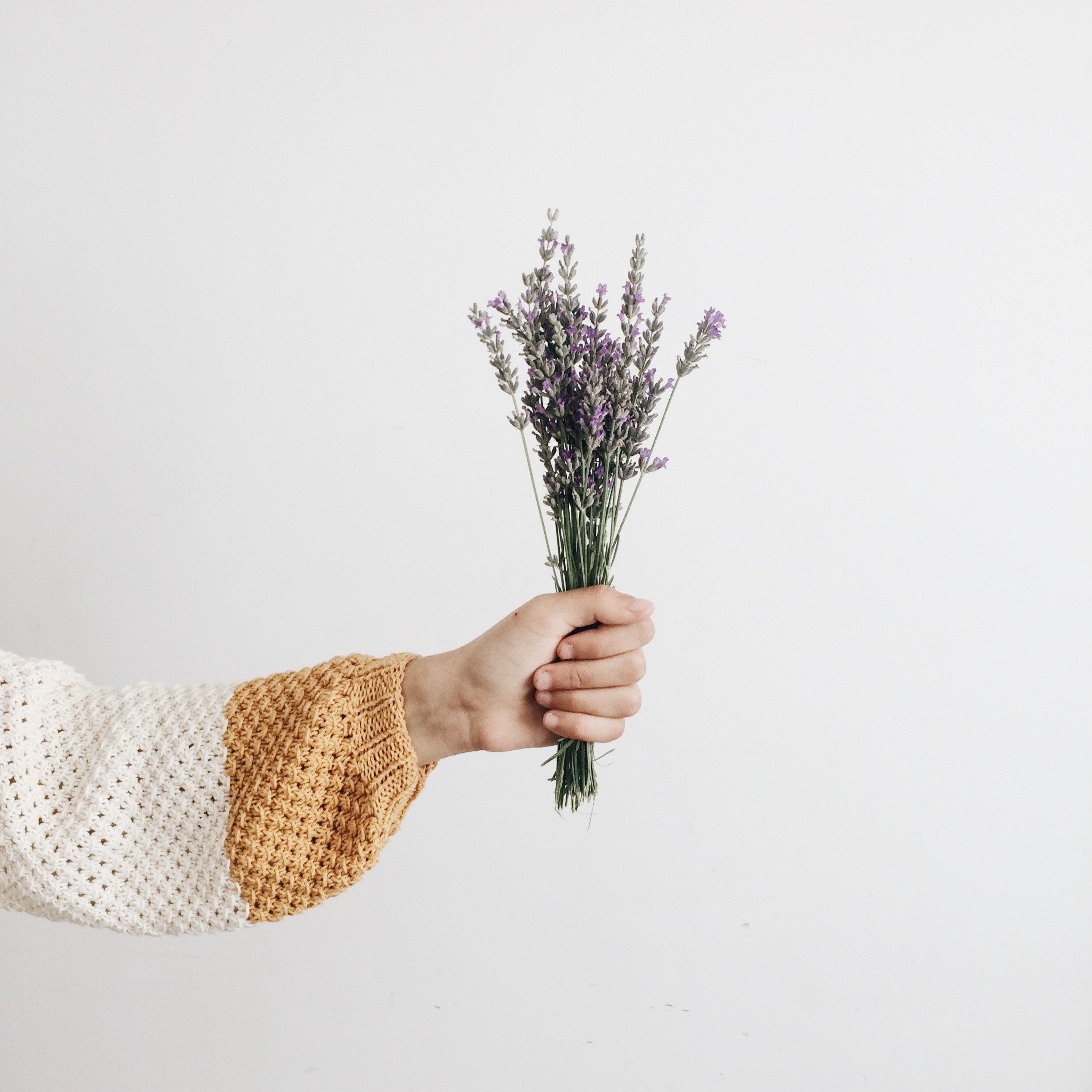The Science of Scent

There’s something in the air! Perfume, a juicy fruit, the new book or new car smell–it’s everywhere. Some scents are so sickly sweet they give you a headache. Some scents make you fall in love.
The science of scent is scientific and emotional. Read on to learn more about scent and how to use it to kick start creativity, shift your mood, or physically relax you.
How scent affects your brain
Scents can affect your productivity at work and your behaviour. This isn’t just anecdotal, but scientifically proven. The loss of scent, anosmia, can also predict depression.
How scent affects your body
It can induce or repel your appetite. Think about the smell of freshly-baked cookies and wait for your stomach to rumble. Or think of a dish you hate and wait for your stomach to turn.
Your scent may also hint at your health. Diseases may make themselves known before a diagnosis through your sweat or general odour.
How scent affects your mood
Scent is tied to memory. Think of the smell of comfort food or something from your childhood. It’s very likely a smile crossed your face as you thought of it.
Likewise, smelling something unpleasant or associated with a bad memory can literally sour your mood.
Implementing scents in your life
Perfume is an easy choice. However, traditional perfumes can be expensive and its scent may change over time and with your body chemistry. What might work for you when you put it on may put you off in a few hours. Test fragrances for a few hours, sniffing occasionally for any changes as notes fade or how it works with your body chemistry.
If traditional perfumes give you a headache, try things that are naturally fragranced with essential oils or hydrosols.
Body lotion, body oil and scented bath products are also great options for scents.
Incorporate scents through candles, room sprays and incense, such as our Activate incense sticks, at home. Essential oils can be added to diffusers, room sprays or your own cleaning products. When using essential oils, make sure that you’re using oils safely and with proper dilution, especially if you’re using them in toiletries or cosmetics.
Scent can be an easy and effective way to set the environment, so think of it as an important piece of decor rather than an extra.
Helpful hints
If you want to feel energized… try peppermint or citrus scents any time you feel you need a second wind or to motivate you out of bed.
If you want to shift your mood…to feel sunnier, sniff anything citrus such as lemon or sweet orange.
If you want to de-stress and relax…try rose or geranium. If you’re using a scent to sleep, try good old lavender.
want to ground…try earthy scents, such as cypress, sandalwood or patchouli. Floral scents such as jasmine or ylang ylang may also do the trick.





